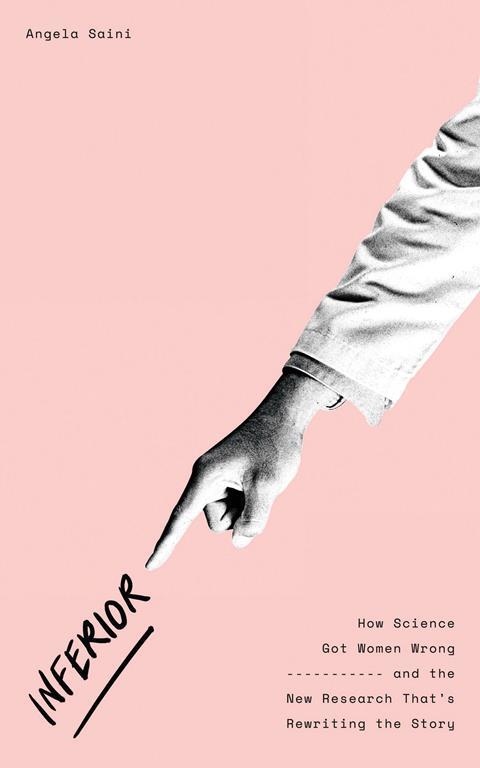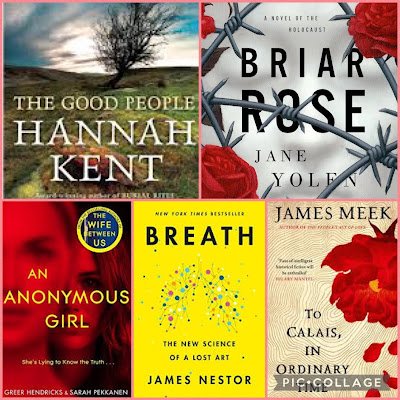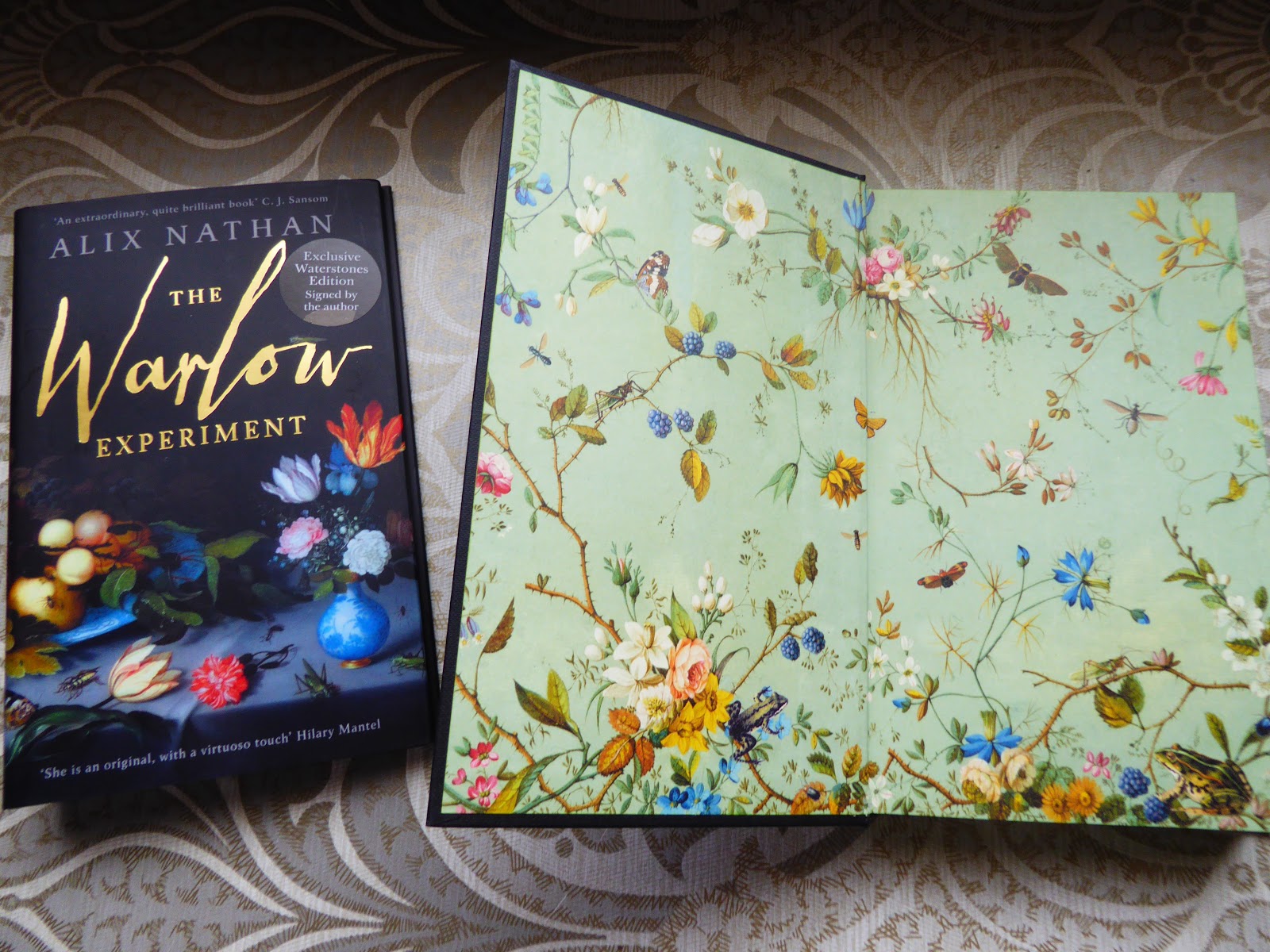Inferior by Angela Saini
4th Estate
Pp. 237
Angela Saini contends that the so-called science which has labelled
women as ‘the weaker sex’ is biased and influenced by politics, history, and
social culture. Sick of people (men) telling her that women are inferior to men
based on dubious scientific data, she wrote this book in an attempt, “not to
lose control but to have at hand some hard facts and a history to explain
them”. She challenges myths and provides explanations as to why some
assumptions were made in the first place. Even though science is perceived to
be neutral, women have historically been excluded from research, experiments,
and theories. “Women are so grossly under-represented in modern science
because, for most of history, they have been treated as intellectual inferiors
and deliberately excluded from it.”
Darwin in his The Descent of Man believed that women were
inferior because he couldn’t see any women doing the same intellectual things.
“The evidence appeared to be all around him. Leading writers, artists and
scientists were almost all men. He assumed that this inequality reflected a biological
fact.” In evolutionary terms, drawing assumptions about women’s abilities from
the way they happened to be treated by society at the moment is narrow-minded
and dangerous.
Those ‘Men are from Mars; Women from Venus’ type ‘theories’ remain
popular because anything that claims to explore sex differences is highly
sought-after by media outlets looking for clickbait articles. People who counter
that differences are not wholly due to genetics are often labelled sex
difference deniers, in a way that would never be introduced in debates about race
or colour; not since the 1950s, anyway. Sexual selection theories which were
proven to be incorrect and unscientific, however, are making a popular
comeback.
People are messy and come with preconceptions and prejudices. Saini
argues that it is impossible not to politicise scientific data and that neuroscience
has profound repercussions for how people see themselves. Humans are bound to
pick up attitudes and adopt behaviours based on societal expectations rather
than independent biological factors or sex chromosomes. We are also able to
change and adapt as recent research into neuroplasticity confirms that the
brain isn’t set in stone in childhood but is in fact mouldable throughout life.

Saini also debunks several myths, such as the one that women are better
at multi-tasking than men. The paper that was published on this subject,
actually never reported this claim, but the cultural and gender stereotypes
were stressed in the press release. A further belief is that in previous
cultures men went hunting while women gathered, making the males dominant.
Research by Bion Griffin and Agnes Estioko-Griffin into the Nanadukan Agta
refutes this assumption, suggesting that males did some tasks and females did
others. “By and large people did whatever they wanted to do. There was no
sphere of work that was exclusively male or female – except perhaps the killing
of other people. Women would stay back
when groups of men went out on raids of their enemies”.
Hunting was not the primary source of nutrition anyway, so the group
that hunted did not have the most crucial task. While studying the !Kung
hunter-gatherers in southern Africa in 1979, Richard Borshay Lee noted that women’s
gathering provided as much as two-thirds of food in the group’s diet, so gathering
was arguably a more important source of calories than hunting. It is also
likely that the first tools were digging sticks and containers for the food, which,
being made from wood, skin or fibre, would break down and disappear over time
leaving no record, unlike the hard-wearing
stone tools that archaeologists have assumed were used for hunting. “This is
one reason that women’s invention, and consequently women themselves, have been
neglected by evolutionary researchers.” Many of these myths began
because they fitted the dominant – male – narrative that positioned women as
inferior.

Humans are not automatically the same as other animals, and much of our
behaviour is more likely due to societal pressure than biological expression. Women
are not inferior, and the science that seeks to suggest this is the case is
inevitably flawed. It is time for this to be recognised and stopped. Sarah Hrdy
argues, “A feminist is just someone who advocates for equal opportunities for
both sexes. In other words, it’s being democratic. And we’re all feminists, or
you should be ashamed not to be.” This is the science we should all follow.
:format(webp)/cdn.vox-cdn.com/uploads/chorus_image/image/49546171/ChxnUSdWsAAr4sT.jpg-large.0.0.jpeg)

:max_bytes(150000):strip_icc():focal(999x0:1001x2)/boaty-mcboatface-2000-1c651a8686274a06b533c44bc57aa6a9.jpg)











